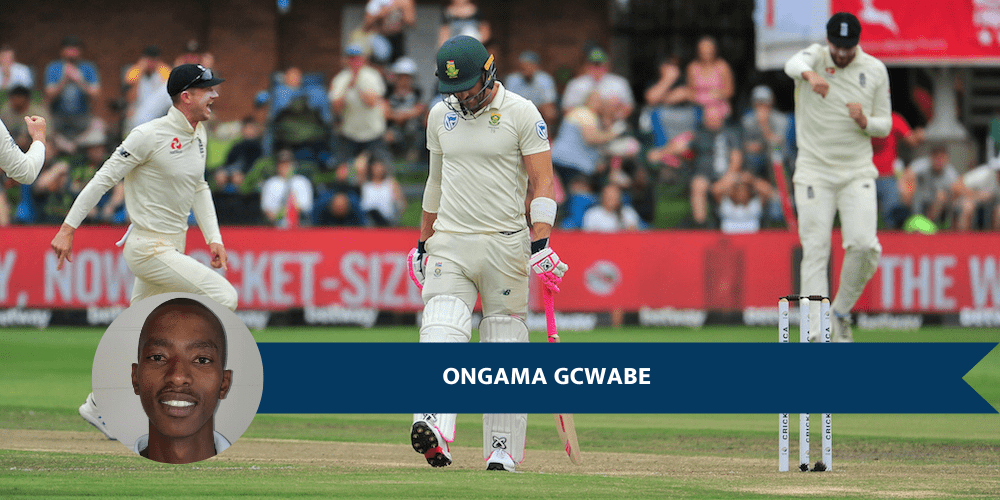Lungi Ngidi’s ability to trap batsmen in their crease, bowl consistent lines and lengths, and strike early with the new ball is what the Proteas were missing in the 1st Test, writes Khalid Mohidin.
If there is anything that the Proteas could learn from the 1st Test against India, it’s that consistency with the ball is crucial to success in India.
The team that bats first on a flat pitch takes advantage from the get-go. On day one and two, there are not many cracks and the ball does not deviate as much. Instead, the skill of the bowler comes in to play more than the wicket itself.
If you don’t strike early and the batsman survives the first 8 to 10 overs, the chances of the opposition playing with freedom and ease are increased.
If the Proteas can control India’s scoring rate and take wickets regularly it’s obvious that they will put themselves in the perfect position to take control of the contest.
In the reverse situation, if the Proteas bat first, Dean Elgar and Aiden Markram need to be aligned with their approach.
What Rohit Sharma and Mayank Agarwal did brilliantly, is that they were patient in their approach. They put pressure on the Proteas batsmen by keeping out the good balls and regularly finding a way to put the bad balls away. This erased all the pressure built up from ball-to-ball by the bowler.
The strategy was to put on as many runs as possible and spend a lot of time in the middle while the pitch is still flat and has minimum cracks.
How bowlers should counter this, is by implementing wickets-to-wickets bowling and delivering more balls in the corridor of uncertainty – where the batsman doesn’t know whether to defend, leave or play.
Lungi Ngidi is brilliant at this. He is known for being economical and sticking to a consistent line and length. A new ball partnership between Vernon Philander and Ngidi has the potential to frustrate the opposition, which will be key to coming out on top from session to session.
Dane Piedt was clearly targeted in the 1st Test, and although he scored a half-century to make up for his under-par bowling performance (that saw him record figures of 1/107 in 19 overs and 0/102 in 17 overs), it still was not enough to prevent the Proteas from suffering a massive 203-run defeat.
Bringing in Ngidi instead of Piedt would not be completely outrageous, would it?
The extra seamer will give Faf du Plessis the chance to utilise Kagiso Rabada, sparingly and as a reverse-swing specialist as the pitch deteriorates. Mohammed Shami was the perfect example of this.
Based on a poll we ran, some of our fans believe that the Proteas were missing an extra seamer.
Although the majority of the votes suggested that the Proteas needed an extra batsman, the extra seamer could give the Proteas the edge they need to get on top of India.
Photo: Muzi Ntombela/BackpagePix











